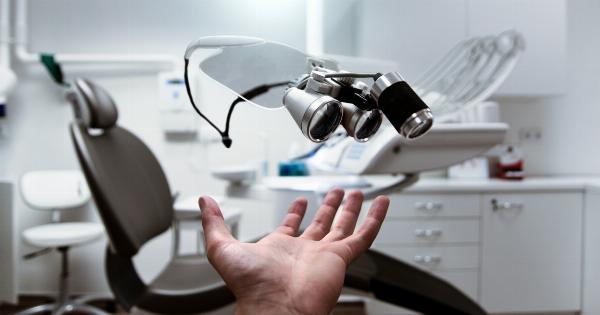When we think about dental care, many of us envision using toothbrushes and toothpaste. However, dental care has been a concern for thousands of years. Ancient civilizations found ways to keep their teeth healthy without modern dentistry tools.
In this article, we will explore the secrets to healthier teeth in ancient times.
The Ancient Egyptians
The ancient Egyptians were known for their advanced medical knowledge, including dentistry. They believed that dental health was closely connected to overall health, and they practiced good oral hygiene to keep their teeth healthy.
To keep their teeth clean, ancient Egyptians would use a twig or small stick with frayed ends to scrub their teeth. They also made toothpaste by mixing salt with powdered pepper, mint, and iris flowers.
This toothpaste was used to whiten teeth and freshen breath. In addition, the ancient Egyptians believed that chewing on herbs like parsley and coriander would also help improve dental health.
The Ancient Greeks
The ancient Greeks were also very concerned with dental health and developed a simple toothpaste recipe. The toothpaste was made from a mixture of pumice stone and wine vinegar.
After rubbing the mixture onto the teeth, the Greeks would rinse their mouths with water and then chew on various herbs such as mint, chamomile, and sage to freshen their breath and promote healthy gums.
The Ancient Romans
The ancient Romans also prioritized dental hygiene. They frequently used chewing sticks made from tree bark or small pieces of wood to clean their teeth. They also mixed honey and vinegar together to use as a mouthwash.
The Romans were also known to use urine as a tooth whitener. The ammonia in the urine was believed to help remove stains from teeth.
The Mayans and Aztecs
The Mayans and Aztecs were known for their grand pyramids and impressive architecture. However, they also had advanced dental techniques. The Mayans are believed to have used pieces of obsidian, a type of volcanic glass, to create dental tools.
They used these tools to perform complex dental procedures such as root canals.
The Aztecs, on the other hand, would chew on chicle, a type of sap from the sapodilla tree. Chewing on chicle was believed to help improve dental health and freshen breath. This is actually where the idea for modern-day chewing gum came from.
The Aboriginal Australians
The Aboriginal Australians had unique ways of keeping their teeth healthy. They would use a plant called the toothbrush tree, which had twigs that were chewed on to promote dental health.
They also believed in cleaning their teeth with charcoal, which was believed to help whiten teeth and remove toxins from the mouth.
The Chinese
The ancient Chinese had developed advanced dental techniques. They were the first to use acupuncture to treat dental pain. They also created a mixture of salt, alum, and herbs that was used as a mouthwash to freshen the breath.
In addition, the Chinese used a formula made from a combination of honey and crushed animal bones to improve overall dental health.
The Native Americans
The Native Americans had unique dental techniques that were passed down from generation to generation. They believed in using a variety of natural materials to keep their teeth healthy.
They would use a combination of animal bones, baked clay, and crushed eggshells to clean their teeth. They also used herbs like sage and rosemary to freshen their breath.
The Viking Times
The Vikings may have been known for their ruthless nature, but they also prioritized dental hygiene. They would use frayed twigs to clean their teeth.
In addition, they would chew on pine resin, which was believed to freshen breath and improve overall dental health.
The Importance of Good Oral Hygiene in Ancient Times
Overall, it is clear that dental hygiene was important to ancient civilizations. They developed unique and effective ways to keep their teeth healthy, even without the use of modern dentistry tools.
These techniques were passed down from generation to generation and were used to promote dental health and overall wellness.




























